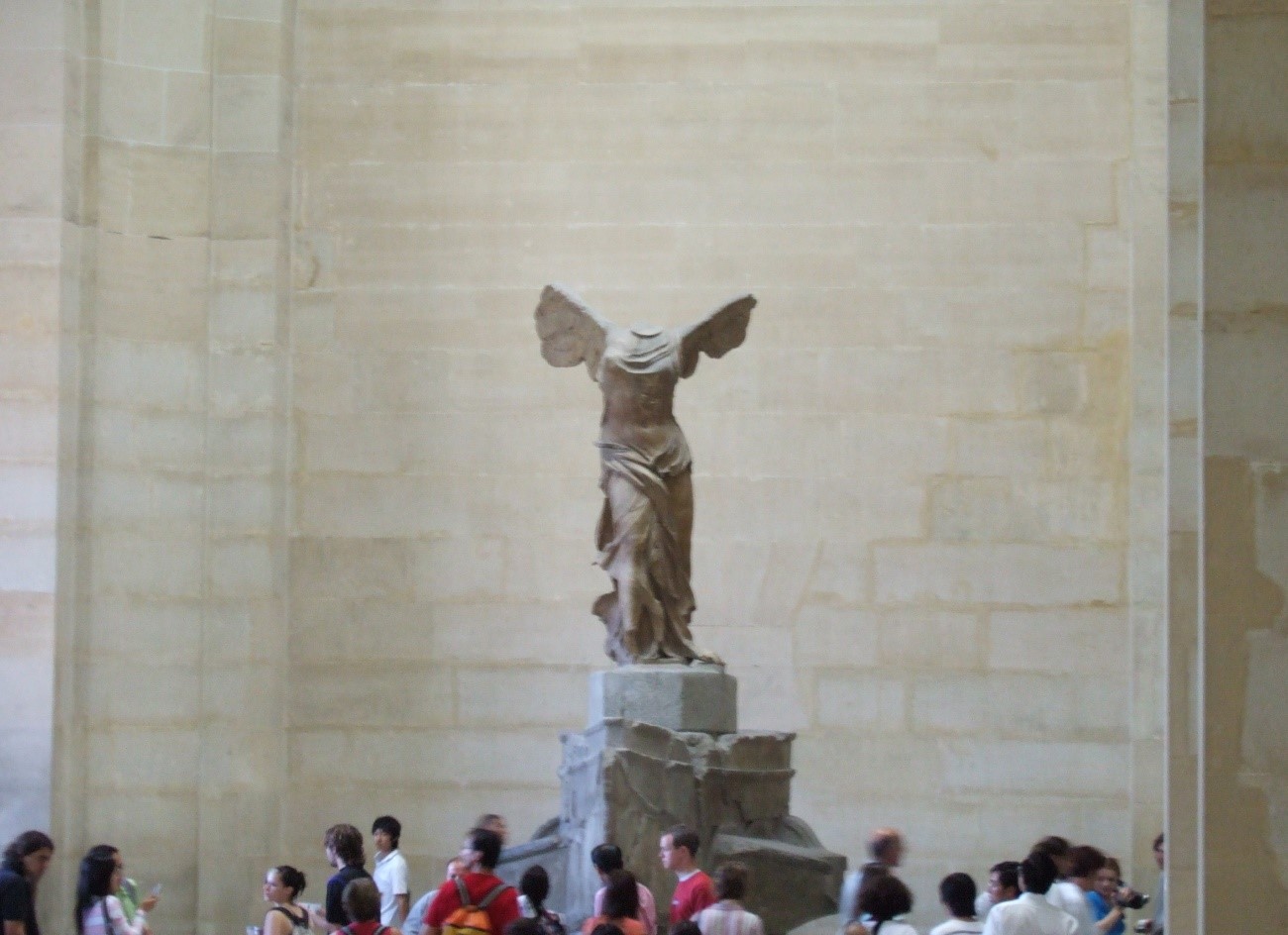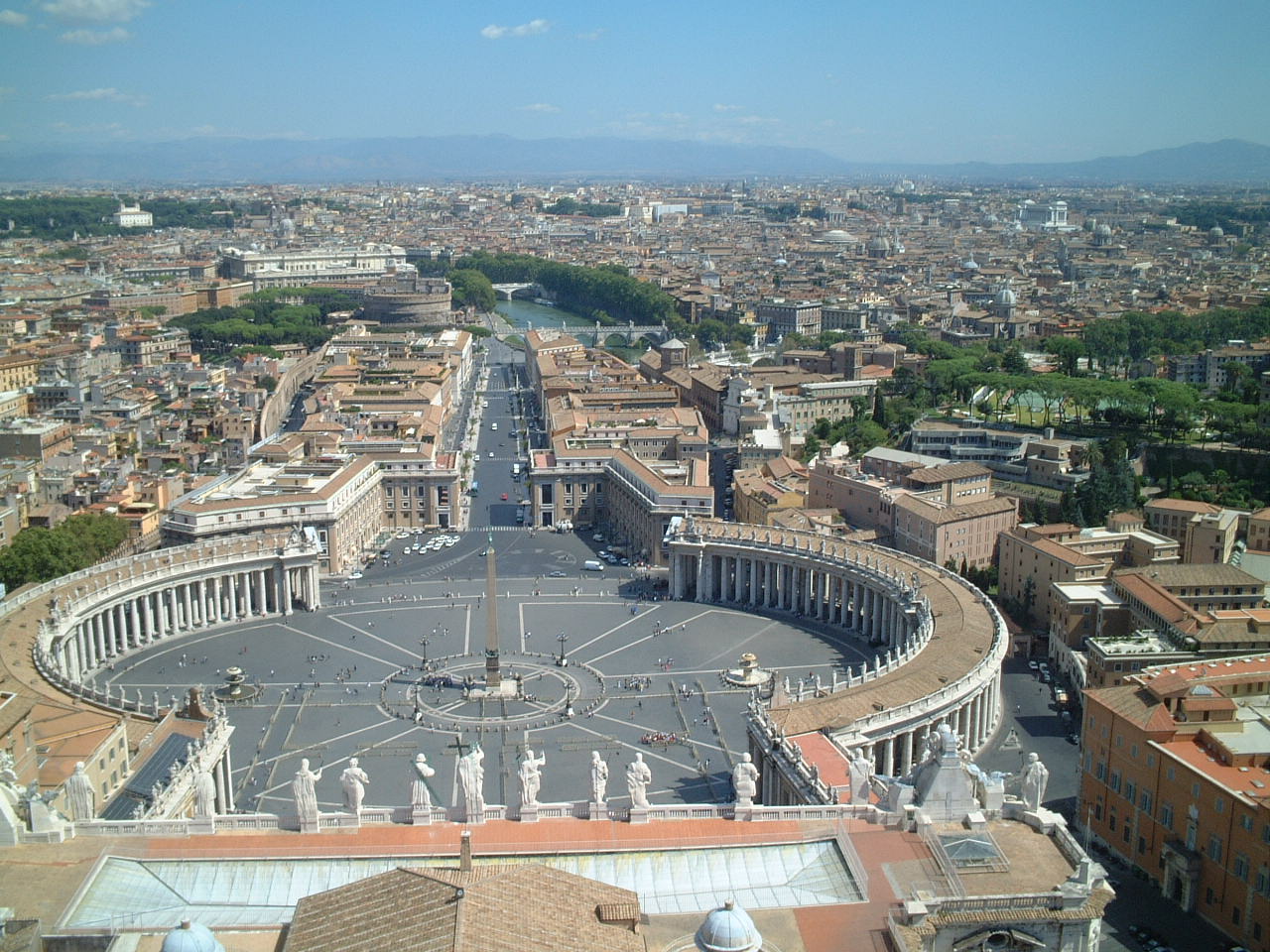リスク対応策 2020.02.24
RM 16 キャプティブ・セミナー(エウロペ)Captive Seminar (Europa)
目次
Copyright © Shinichiro Hatani 2020 All rights reserved
For those who prefer to read this column in English, the Japanese text is followed by a British English translation, so please scroll down to the bottom of the Japanese text.
「今日は暑い、名古屋はとりわけ暑いな」、降り立った新幹線のフォームで、むせ返るような熱気を感じながら、「さあ、キャプティブのセミナーだ」と会場へ向かったのは、今から6年前、2014年の夏であった。
リスクマネジメントの核は、「リスクへの評価と対応」である。保険の世界から、本格的なリスクマネジメント、そしてキャプティブの世界へ、本場米国の地で飛び込んでからかなりの年月が経ち、その啓蒙に努力、また専門としてやってきたが、「自分も聴衆の一人として聞いてみよう」と、グローバル・リンクを創業してリスクマネジメントやキャプティブのセミナーにいくつか参加してみた。しかし、残念ながら「これは」という感想を持つことはできなかった。「横文字の羅列」としか思えないような、「学問的なリスクマネジメントの理論」の説明がメインで、「なぜリスクマネジメントが必要なのか、なぜキャプティブが必要なのか」という視点が欠けていると思ったからである。
また、色々と調べていくと、現在手に入る書籍や資料等では、「実践的なステップ」があまり記されておらず、誰の手も借りずに、キャプティブ設立のための前提である、「リスクマネジメント態勢の構築さえ難しい」ということがよく判った。
「キャプティブの設立や実践的なリスクマネジメントについて、自分なりに平易に紹介したい」と思っていた矢先、名古屋でのセミナーの講師を依頼されることになった。

1.キャプティブの本義
損害保険会社への経営コンサルティング事業から、「リスクマネジメント、キャプティブの設立・運営管理コンサルティング」へ事業をフォーカス、グローバル・リンクを創業した。その「最初の仕事」は「基本の再確認」であった。書棚の奥に放り込んであった、米国CIGNAに入ってESIS(キャプティブ部門)に配属された際、「キャプティブの設立、運営管理、キャプティブのイノベーション」のプロセスを徹底して学んだ時の資料、書籍を引っ張り出し、以前から親交のあった米国、英国の専門家達と連絡を取り始めた。
キャプティブ、リスクマネジメントに関しては、日本より遙かに先を行っている欧米で、「企業が求める本来のキャプティブ、リスクマネジメントの姿とは何か」を彼らのアドバイスを得て調べてみたところ、インターネットを使って日本で調べた結果とは随分違うことが判明した。重要な「リスクマネジメントの手段としてのキャプティブ」がどこかに消え失せ、日本では「節税」ばかりを推奨するネットの検索結果となっていたからである。
名古屋のセミナーでは、「リスクマネジメント、キャプティブの『基本』、『応用』、『実行』の3部」に分け、欧米の実践例を紹介する形で開催、お陰様で多数の方々にご出席いただいた。終了後、「個別のコンサルティングの依頼」や「セミナーは実際の海外での話から、実践的なリスクの分析やそのマネジメントの方法まであり、いくつかのセミナーに出たが初めて聞く話ばかりで、とても興味深かった。とくに『早く対処しなければならない』という言葉が頭に残ったので、早速社内で行動に移ることにしたい」等のご感想を頂いたことからもご満足いただくことができたようである。
現在の複雑な金融サービスに対応するため、旧証券取引法が抜本的な法改正がなされ、リスクマネジメントの概念を初めて本格的に取り入れて法律名を金融商品取引法へ変更したのは14年前、2006年であった。当時、その一分野である「内部統制システムの構築」を巡って、多くのセミナーが開かれていた記憶があるが、この時も様々なプレーヤーが様々な立場で述べていたため、対応する企業側の混乱は大きいのではないかと感じたものであった。出席した、「内部統制・リスクマネジメントのセミナー」で、親しくなった2,3の方と終了後話しをしてみたところ、「内部統制は、リスクマネジメントのマニュアル化、文書化で大丈夫ですね」と受け止めていたからである。
2.エウロペ(ヨーロッパ)
世界中でカトリック教会との間で多くの論議を呼び、人々の話題となったダン・ブラウン原作の小説「ダビンチ・コード」が映画化され、世界各国の多くの映画館の前に観客が長蛇の列をつくってから久しい。ユダヤ教内の改革運動として始まったキリスト教とヨーロッパに古くから存在する異教(土着の宗教)との関係について触れながら、キリストの系譜、ローマ・カトリック教会、キリスト教の正統、異端の流れをレオナルド・ダビンチの存在を織り交ぜながら描いた秀作であった。
キリスト教が、ローマ皇帝コンスタンティヌス大帝によって公認されるまで、人々の間で広く信じられていた「異教」のルーツがギリシャ神話、主神として崇められたのが「ゼウス」である。野原で花を摘んでいた姫、エウロパにゼウスが一目ぼれして、自らを白い雄牛へと変化させクレタ島へ連れ去り妃にしたとされている。「ヘロドトス『歴史(中)』松平千秋訳、岩波文庫」によると、古代ギリシャの歴史家ヘロドトスは、ゼウスが連れ去る時に駈け巡った地域をエウロパの名前に因んで「エウロペ」と名づけた。現在の「ヨーロッパ」の語源である。
このヨーロッパの地に、1957年3月域内経済の一体化を目指して欧州経済共同体(EEC)が設立され、更に経済から全ての一体化を目指して欧州共同体(EC)へと変遷、そして1993年11月のマーストリヒト条約によって、単一の統治機関によって運営される欧州連合(EU)の体制へと発展した。
EUの通貨には紙幣と硬貨がある。各国共通のデザインである紙幣と違い、硬貨の裏側は各国独自のデザインである。ギリシャ神話をローマ神話へと融合させた地であり、またローマ・カトリック教会の総本山バチカンを抱えるイタリア、そのユーロ硬貨の裏側のデザインは、「エウロパがペンと欧州憲法を持っているもの」となっている。

「Universe」、日本語で「宇宙、全世界」と訳される言葉である。日本語の語感には「外に向かって放たれる」、そのような「大きな広がり」を感じさせるが、英語の語源はこの逆である。欧州連合(EU:Europe Union)の「Union」の接頭辞、「Uni(一つ)」にラテン語の「Verse(回る)」という言葉が付いている。「一つを中心に回る」、つまり「内への収斂」を意味する言葉だからである。
そんなEU(欧州連合)から、本年1月9日、英国下院議会は離脱に向けた関連法案を賛成多数で可決、1月31日EUから正式に離脱した。Brexit(ブレクジット)である。しかし、皮肉なことに、資本主義の世界を動かす「証券取引」は、EUの大陸から、英国、ロンドンにその拠点を移したことで発展していった制度である。
12世紀頃フランスに起源を持つ「証券取引」は、ルネッサンスを起こし育んだ富裕な商人層を誕生させた、イタリアの地で活発におこなわれた。13世紀マルコポーロを輩出したことでも知られるように、そのなかでも群を抜いて富裕な貿易都市国家であった、ベネティアを中心にして、政府、公的機関の証券取引が盛んにおこなわれていた。一方、「民間企業の証券取引」である、「株式」の発行を17世紀、世界で初めておこなったのが、同じく海外貿易で巨万の富を築いたオランダ東インド会社であった。この株式はアムステルダム株式市場で取引され活況を呈したが、やがてオランダの貿易国家としての地位の低下、新興国である英国の産業革命等による地位の上昇に伴い、株式取引の中心地は、「専門化した証券業者が英国で登場し始めた」ことも相まって、18世紀後半からロンドンに移っていった。
3.ロンドン証券取引所
保険取引がシティーにあった「ロイズ・コーヒーハウス」に起源を持つように、株式もまた、同じようなコーヒー店、シティーの「ニュー・ジョナサンズ」に起源を持つ。証券業者のたまり場所であったこの店では、ロイズ・コーヒー・ハウス同様、証券取引や情報の交換が頻繁に行われ、現在のロンドン証券取引所のもととなった。
ニューヨーク証券取引所、東京証券取引所とともに世界三大証券取引所の一つ、1801年に設立された、そのロンドン証券取引所の株式が米国のナスダックから2005年合併提案を受けたが、最終的に破談となったのは2007年。その後、ロンドン証券取引所はイタリア証券取引所を買収した。こうした証券市場の統合化の流れは留まることを知らない。この動きに呼応するように、「企業活動のグローバル化やボーダレス化が進んだのであるから会計基準も『世界基準(=グローバル・スタンダード)』が必要」という考え方が生まれた。そして、財務諸表の国際統一のために「国際会計基準」が設けられた。
海の向こうの「誰の目にも、企業の活動が明らかに解るようになる」のである。金融商品取引法は、財務報告に係る内部統制の整備を厳しく企業に求めている、「日本のこんな田舎の我々のような企業に海外のことなんか関係ありません」という言葉はまったく通用しなくなる日がもうそこまで来ている。
そして、2月21日付「日本経済新聞」(WEB版:「金融最前線」)には、「東京証券取引所は21日、上場企業が2021年末までに『プライム市場』『スタンダード市場』『グロース市場』(それぞれ仮称)のどの市場に移行するかを選ぶスケジュールを発表した。年内に各市場の上場基準の詳細を示し、企業に選択を求める。22年4月に新しい市場区分に変わる」との記事が掲載されていた。
日本の証券市場もグローバル化して、最終的に世界の証券取引所が「Uni」となる日も近いのでは無いだろうか。
今回のまとめ
この20年、インターネットの劇的な進歩によって地球上のあらゆる場所に即座にアクセスできるようになったが、企業のビジネスモデル、株式等を巡る環境は、この流れを受け、さらにここ数年で劇的に変化するであろう。
すでに、そこまで来ている「世界とのUniリスク=世界一体化・単一化リスク」の評価と対応を早急におこなうべきであろう。ビジネスモデルが明らかに大きく変化しているにもかかわらず、企業がその対応を怠ればその企業は衰退していくのみだからである。
リスクマネジメントは、このために非常に重要な役割を果たすことになる。このリスクマネジメントに「キャプティブの設立」という、さらに明確な目標を定めることができれば、「なすべき事項」が明確に決まってくるため、その効用はさらに大きなものになると考えている。
執筆・翻訳者:羽谷 信一郎
English Translation
Risk Management 16 – Captive Seminar (Europa)
It was the summer of 2014, six years ago, when I felt the sweltering heat on the platform of alighting from the Shinkansen and headed to the venue, saying “Come on, captive seminar,” I made my way to the venue.
The core of risk management is the assessment and response to risk. Quite a few years have passed since I jumped from the world of insurance to full-blown risk management and captives in the United States, the home of risk management and captives, and while I’ve worked hard to educate and specialize in this field, I decided to listen as an audience member myself, after founded Global Link , to attended a few seminars on risk management and captives. Unfortunately, however, I was unable to have an impression of “great”. I felt that the main focus of the seminars was on academic risk management theory, which could only be seen as a list of Western languages, and they lacked the perspective of why risk management is necessary and why captives are necessary.
In addition, after extensive research, I realized that the books and materials available today do not describe the practical steps involved in establishing a captive, and that it is difficult to even establish a risk management structure, which is a prerequisite for establishing a captive, without the help of anyone else.
Just when I was thinking that I would like to introduce the establishment of a captive and practical risk management in my own way in a simple way, I was asked to be a speaker at a seminar in Nagoya.
1.The Essential Principle of Captives
I founded Global Link, focusing my business on “risk management, captive establishment and operational management consulting” from a management consulting business for property and casualty insurance companies. My “first job” was to review the basics. When I joined CIGNA in the US and was assigned to ESIS (captive division), I pulled out the materials and books that I learned thoroughly about the process of “captive establishment, operation management, and captive innovation”, which had been tossed in the back of a bookshelf, and contacted experts in the US and UK, with whom I had been friends for some time. I started to take it down.
In Europe and the United States, which are far ahead of Japan in terms of captives and risk management, I asked for their advice on “what the original captives and risk management required by companies should be” and did some research. This is because the important “captive as a means of risk management” has disappeared, and in Japan, only “tax reduction” is recommended in the Internet search results.
The seminar in Nagoya was divided into three parts: risk management, captives, the basics of captives, application and implementation, and was held in the form of an introduction to practical examples from Europe and the United States. After the seminar, we received a number of requests for individual consulting services and comments such as, “The seminar covered everything from actual overseas discussions to practical risk analysis and management methods. It was the first time for me to hear all of these topics, and I found the seminar very interesting.”
It was 14 years ago, in 2006, that the Securities and Exchange Law was fundamentally amended to incorporate the concept of risk management for the first time, and the name of the law was changed to the Financial Instruments and Exchange Act in order to respond to the complexities of today’s financial services. At the time, I remember many seminars were held on “establishment of internal control systems,” one of the areas of risk management. It is because, after the seminar on internal control and risk management, which I attended, I talked with a couple of people with whom I was very close, and they said, “Internal controls are okay with manual and documented risk management.”
2. Europa (Europe)
It has been a long time since the novel “The Da Vinci Code” written by Dan Brown, which caused much controversy and publicity with the Catholic Church around the world, was made into a movie, with audiences lining up in long lines in front of many movie theaters around the world. It was an excellent film that depicted the genealogy of Christ, the Roman Catholic Church, Christian orthodoxy, and heresy, interweaving with the presence of Leonardo da Vinci, while touching on the relationship between Christianity, which began as a reformation movement within Judaism, and the pagan religions that have existed in Europe since ancient times (indigenous religions).
Until Christianity was sanctioned by the Roman emperor Constantine the Great, the roots of “paganism” widely believed among the people were Greek mythology and Zeus was worshipped as the main god. It is said that Zeus fell in love at first sight with the princess Europa, who was picking flowers in a field, and transformed himself into a white bull, and took her to the island of Crete and made her his consort. According to “Herodotus”(translated by Chiaki Matsudaira in Japanese), the ancient Greek historian,Herodotus named the area where Zeus ran around when he took her away as Europa after her name. It is the origin of the word “Europe” today.
In March 1957, the European Economic Community (EEC) was established in Europe with the aim of unifying the economies of the region, which was then transformed into the European Community (EC) with the aim of unifying all of the economies.
The EU’s currency comes in both paper money and coins. Unlike banknotes, which have a common design in each country, the reverse side of a coin has its own design. Italy is the home of the Vatican, the headquarters of the Roman Catholic Church, and has fused Greek mythology with Roman mythology.The design on the back of that Euro coin is “the one with Europa holding the pen and the European Constitution”.
The word “Universe,” which translates to “the universe, the whole world” in Japanese. While the Japanese word has a sense of “outward emission” or such a “great expanse”, the English word has the opposite etymology. The word is derived from the Latin word “Verse”, which is a prefix to “Union” in the European Union (EU). This is because the word means “revolving around the One” or in other words, “convergence within”.
On January 9 of this year, the British House of Commons passed a bill to withdraw from the European Union (EU) by a majority vote, and on January 31, the UK officially left the EU, known as Brexit. Ironically, however, the “securities trading” that drives the world of capitalism is a system that developed as a result of the transfer of its base from the continent of the EU to the UK and London.
The “stock exchange”, which originated in France around the 12th century, was active in Italy, which gave birth to a wealthy merchant class that led to the Renaissance and nurtured the richest merchant class in Italy, especially in Venetia, the richest trading city-state known for producing Marco Polo in the 13th century. Securities trading by government and public institutions was very active. On the other hand, in the 17th century, the Dutch East India Company, which had also made a great deal of money in foreign trade, was the first to issue “shares”, which were “securities transactions of private companies”. These shares were traded actively on the Amsterdam stock market, but with the decline of the Netherlands’ status as a trading nation and the rise in its status due to the industrial revolution in the emerging United Kingdom, the center of stock trading began to shift to London in the late 18th century, as “specialized stockbrokers began to appear in England”.
3. The London Stock Exchange.
Just as insurance trading has its origins in Lloyd’s Coffee House in the City, so the stock market has its origins in a similar coffee shop, New Jonathan’s in the City. Like Lloyd’s Coffee House, the New Jonathan’s was a hangout for stockbrokers, where securities trading and information was frequently conducted, and it became the basis of the London Stock Exchange as we know it today.
Founded in 1801, the London Stock Exchange, one of the three largest stock exchanges in the world along with the New York Stock Exchange and the Tokyo Stock Exchange, received a merger proposal in 2005 from the U.S. Nasdaq, but it was not until 2007 that the London Stock Exchange’s shares were finally broken up. Subsequently, the London Stock Exchange acquired the Italian Stock Exchange. This trend toward consolidation of the securities markets shows no signs of abating. As if in response to this trend, the idea that “globalization and borderlessness of corporate activities have progressed, and therefore global standards ) are also necessary for accounting standards” was born. Then “International Accounting Standards” were established to unify financial statements on an international basis.
This would allow anyone on the other side of the ocean to clearly understand the activities of a company. The Financial Instruments and Exchange Law strictly requires companies to establish internal controls over financial reporting.The day is coming when the phrase “companies like us in rural Japan don’t care about what happens in other countries” will no longer be valid at all.
And the Nihon Keizai Shimbun (WEB version: “Financial Frontline”) of February 21 wrote: “On February 21, the Tokyo Stock Exchange announced a schedule for listed companies to choose which market to shift to by the end of 2021: the prime market, the standard market or the growth market (each tentatively named). The article stated, “The details of the listing criteria for each market will be presented and companies will be asked to choose by the end of this year.The new market classification will change in April 2022.”
I suspect that the Japanese securities market will become globalized and the day is not far off when the world’s stock exchanges will finally become “Uni”.
Summary of this article
In the last 20 years, dramatic advances in the Internet have made every part of the planet instantly accessible, but the environment for corporate business models, stocks, etc., will change dramatically over the next few years as a result of this trend.
The risk of unification with the rest of the world, which has already reached this point, needs to be assessed and addressed as soon as possible. If a company fails to respond to this risk despite the fact that its business model is clearly undergoing a major change, it will only go into decline.
Risk management will play a very important role in this. If we can set a clearer goal for risk management, such as the establishment of a captive, the items to be done will become clearer, and I believe that the effect will be even greater.
Author/translator: Shinichiro Hatani

